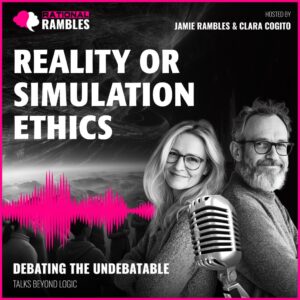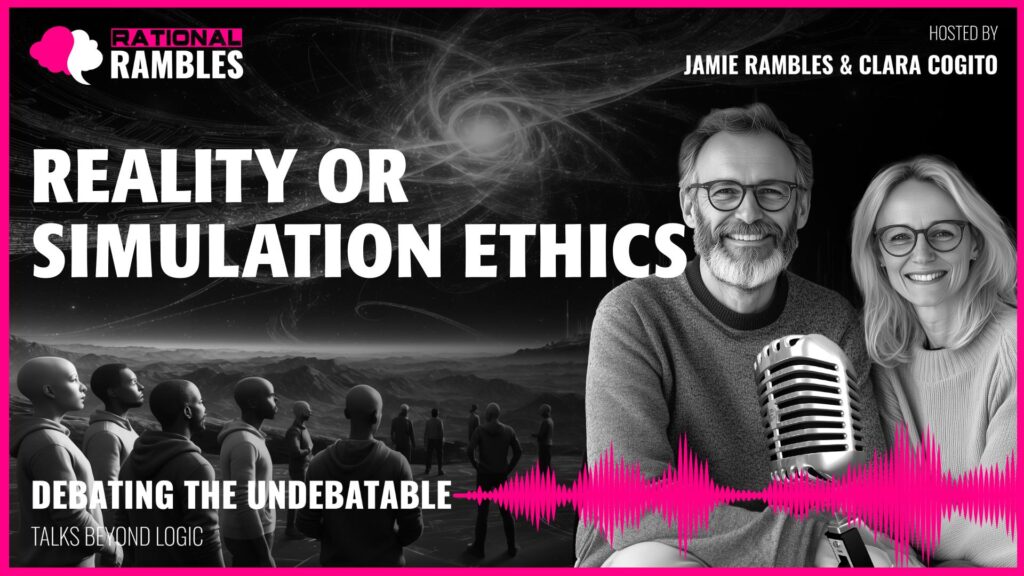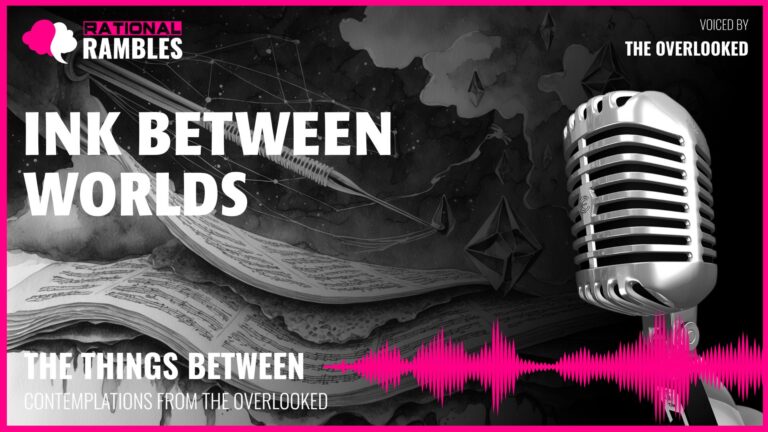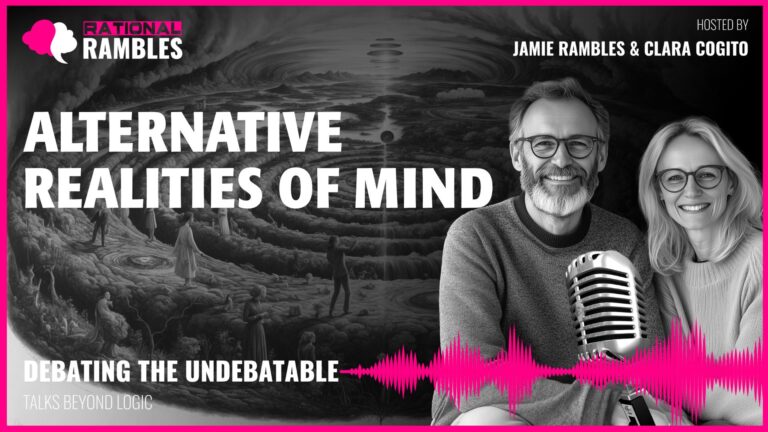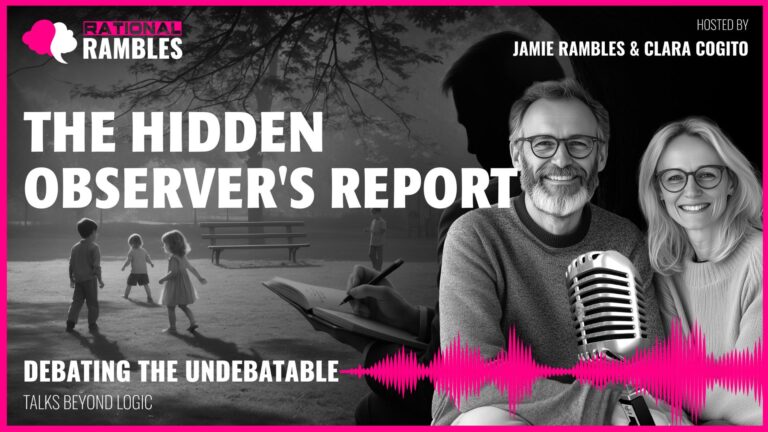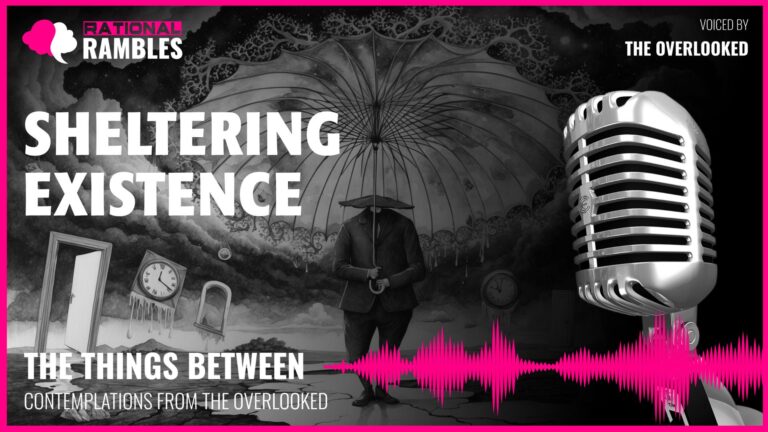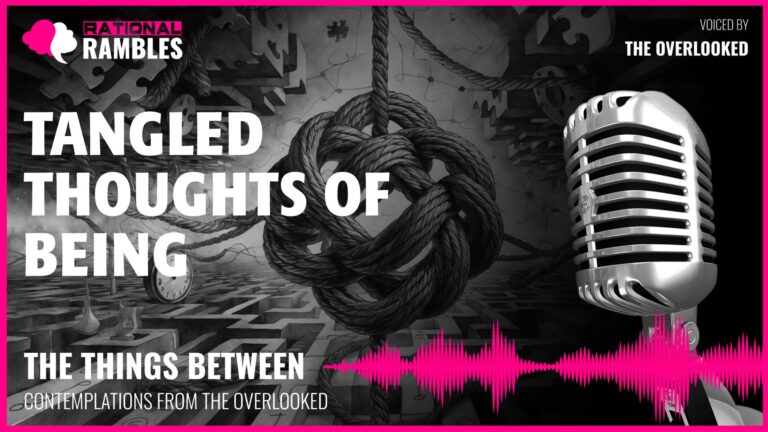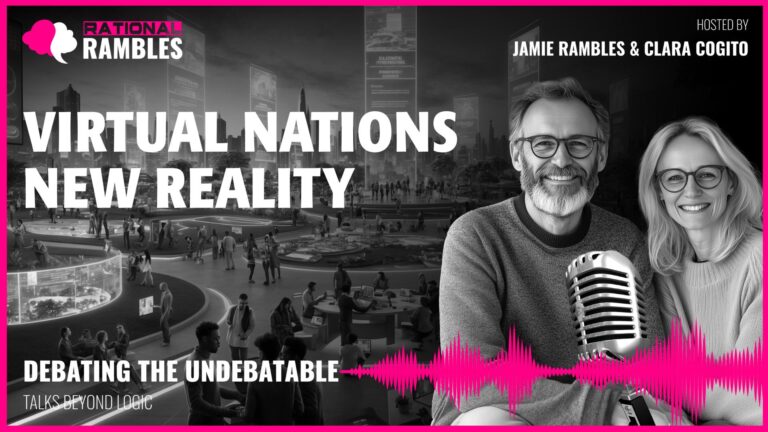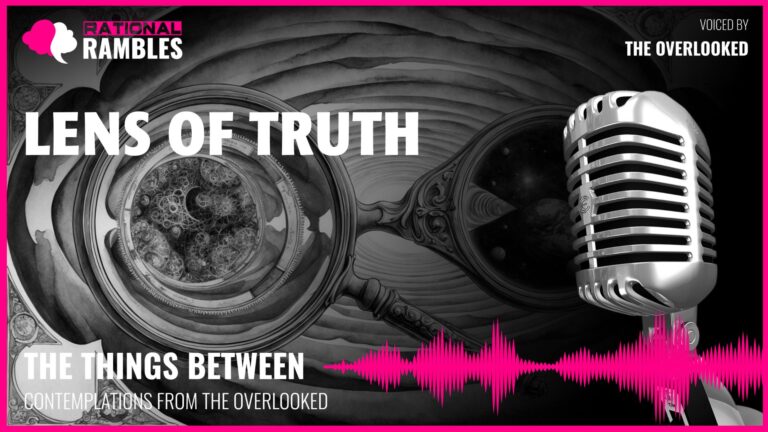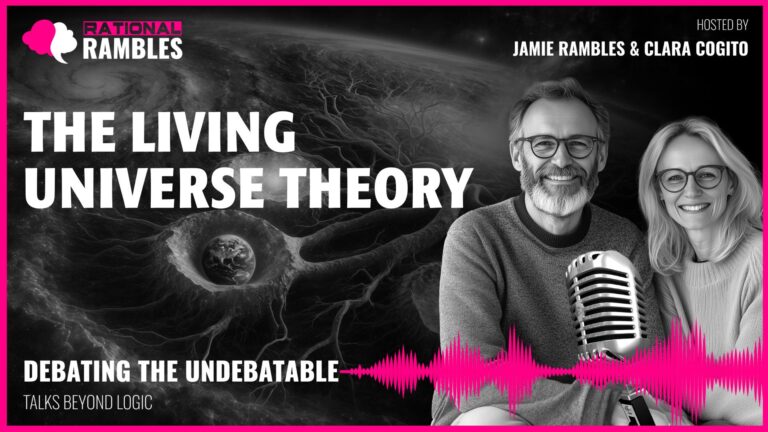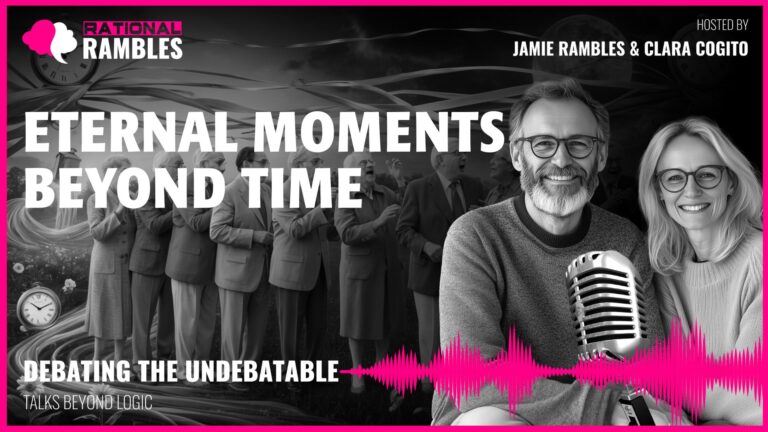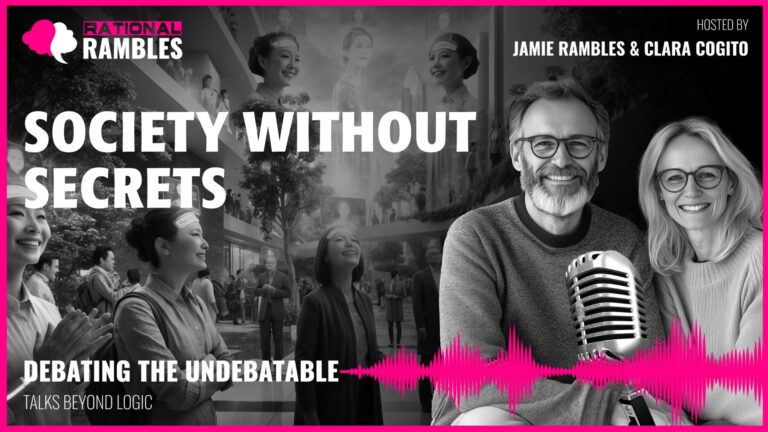Reality or Simulation Ethics
The Nature of Reality and Moral Responsibility
The simulation hypothesis posits a provocative question: what if our perceived reality is merely an elaborate simulation created by an advanced civilization? This inquiry delves into the very essence of existence, prompting profound reflections on the nature of reality and our ethical obligations within it. If we were to ascertain that our world is, in fact, a simulation, would it render our moral values irrelevant or, conversely, heighten our ethical responsibilities?
This dilemma compels us to examine the foundations of our moral frameworks. Many philosophers argue that moral obligations arise from our conscious experiences and interactions with others. If suffering and joy are genuine experiences, regardless of their ontological status, our moral duties do not dissipate simply because they occur within a simulated environment. The capacity for suffering and emotional connections remains paramount, suggesting that ethical considerations endure even if the physical substrate of our existence is not “real” in the traditional sense.
Moreover, understanding the implications of a simulated reality challenges us to reevaluate our notions of morality itself. If we accept the premise of a simulation, we must confront the ethical landscape it creates. Would we retain the same moral standards, or would they transform in response to our newfound understanding? For instance, if our actions were ultimately inconsequential to a so-called “base reality,” could we justify a shift in moral perspective, treating ethical codes as arbitrary constructs dictated by the creators of our simulation?
However, a deeper reflection reveals that our interactions with conscious beings—whether real or simulated—carry intrinsic moral weight. The empathetic bonds we forge, the suffering we alleviate, and the joy we promote are critical aspects of our existence. Even if the nature of reality shifts, the ethical significance of our relationships and actions remains intact. Therefore, the question of morality within a simulation transcends the existential inquiry into reality; it becomes a quest for understanding how we navigate our relationships and responsibilities in whatever context we inhabit.
Ethics in a Simulated World
Exploring the ethical dimensions of a simulated existence prompts numerous intriguing questions about our responsibilities to ourselves, to others, and to potential creators. If we consider that we might be part of a grand experiment orchestrated by higher beings, does that imply a need for ethical frameworks that encompass this unique context? In such scenarios, our moral duties could extend not only to fellow sentient beings but also to the very nature of the simulation itself.
If our simulators possess the capacity to manipulate the parameters of our reality, how should we respond ethically? Should we strive for a form of environmental ethics aimed at preserving the integrity of our simulated world, or even attempt to communicate with our simulators? These questions reflect an urgent need to adapt our ethical paradigms to include considerations of potential consequences on the computational environment we inhabit.
Moreover, if we posit that future generations may exist within their simulations, we must grapple with intergenerational ethics in a complex tapestry of realities. The ethical implications of creating and maintaining simulations that include conscious beings underscore a burgeoning responsibility to those entities. This emerging framework of ethics challenges us to be mindful of the legacies we leave behind, urging us to foster environments—simulated or otherwise—that promote the well-being of all conscious entities.
As we navigate these philosophical waters, we confront a conundrum regarding the value of moral actions when their efficacy may hinge upon a simulated construct. For instance, does altruism retain its moral weight if its significance is merely a facet of programming? This inquiry reinforces the importance of a robust ethical framework that transcends the superficial distinctions between reality and simulation.
Understanding Consciousness and Moral Value
The question of consciousness lies at the heart of our ethical deliberations. If we accept the possibility that we inhabit a simulation, we must also confront the implications for the moral consideration afforded to various entities within it. Should our ethical responsibilities expand to encompass not only fellow humans but also artificial intelligences, animals, and potentially even other forms of consciousness?
This leads us to explore the relationship between consciousness and moral worth. As we navigate the complexities of consciousness, we find ourselves pondering whether certain beings—simulated or otherwise—merit moral consideration based solely on their capacity for experience. The ethical ramifications extend into the realm of artificial intelligence, where sentient machines may demand the same considerations we afford to biological beings.
Furthermore, the question of moral relativism arises when considering that multiple simulations could exist, each governed by different ethical frameworks. This perspective compels us to reflect on whether core ethical principles could emerge across diverse contexts, allowing for a semblance of universality in ethics amid myriad variations.
As we delve into the implications of a simulated existence, we must also confront existential concerns about identity and meaning. If our actions and choices are simply programmed responses, how does this impact our understanding of free will? The interplay between determinism and moral agency raises intricate questions about accountability, challenging us to explore the essence of decision-making within a simulated landscape.
The Role of Suffering in a Simulated Existence
Suffering, a profound aspect of the human experience, takes on a unique significance within the context of the simulation hypothesis. If pain and hardship exist merely as components of a programmed reality, do they lose their moral weight? Alternatively, do they retain their significance as experiences of conscious beings?
In considering suffering’s role within a simulation, we encounter the classic problem of evil. If simulators exist, what obligations do they have to mitigate unnecessary suffering within their creations? This question evokes deep ethical concerns regarding intervention, responsibility, and the moral implications of design choices that lead to hardship.
Moreover, this inquiry invites us to reflect on our attitudes toward suffering in our reality. If we posit that the experience of pain is universal, regardless of its origin, we may find our empathy and ethical considerations deepening. Recognizing the shared nature of suffering—simulated or not—reinforces the moral imperative to act compassionately toward all conscious beings, urging us to cultivate environments that minimize pain and promote flourishing.
The intertwining of beauty and suffering also warrants exploration. If our appreciation for art and aesthetics emerges from programming, does this diminish its significance? On the contrary, the experience of beauty, whether simulated or real, retains intrinsic value, echoing the idea that our subjective experiences hold meaning regardless of their ontological foundation.
Ultimately, grappling with the ethics of a simulated existence enriches our understanding of consciousness, moral responsibility, and the nature of suffering. As we engage with these profound questions, we are reminded that the ethical dilemmas we face transcend the boundaries of reality, inviting us to contemplate the essence of our shared humanity and the interconnectedness of all conscious experiences.
Conclusion: The Path Forward in Ethics
The discourse surrounding reality versus simulation ethics presents a rich tapestry of philosophical inquiry. As we navigate this complex landscape, it becomes clear that the foundations of morality—consciousness, suffering, connection—persist regardless of the nature of our reality. This realization prompts us to consider our ethical obligations, not only to our fellow sentient beings but also to the very fabric of existence we inhabit.
In contemplating the implications of the simulation hypothesis, we are encouraged to foster ethical frameworks that adapt to new understandings of consciousness and reality. As we question the nature of our existence, we must also embrace the ethical responsibilities that arise from our connections with others. The pursuit of meaning, compassion, and flourishing remains paramount, regardless of whether our experiences unfold in a simulated or “real” environment.
As we forge ahead into an uncertain future, let us continue to engage with these essential questions. Our ethical deliberations will shape not only our understanding of ourselves and our world but also the legacies we leave for future generations—real or simulated. The journey toward ethical clarity is an enduring endeavor, one that enriches the human experience and underscores our shared commitment to navigating the complexities of existence with compassion and integrity.


